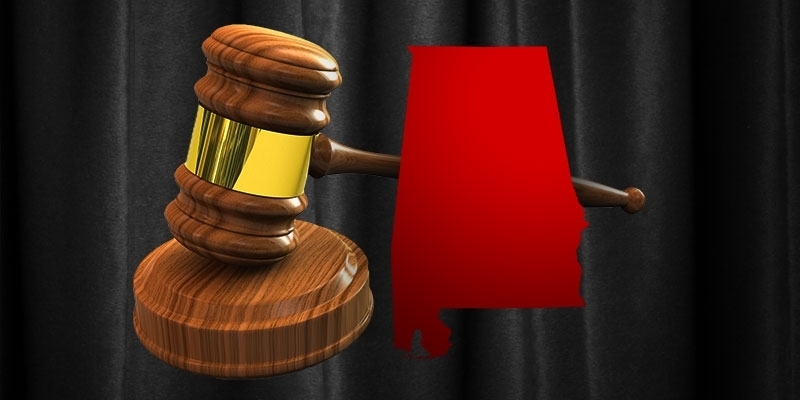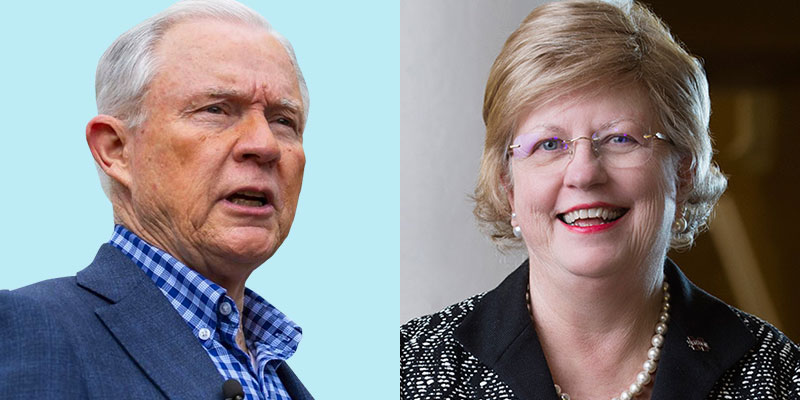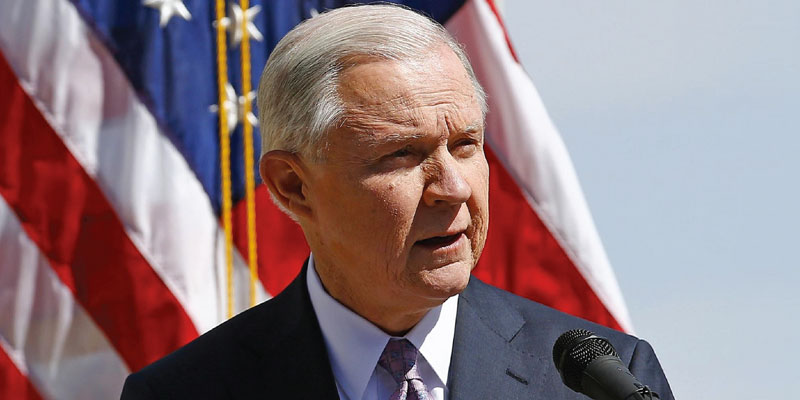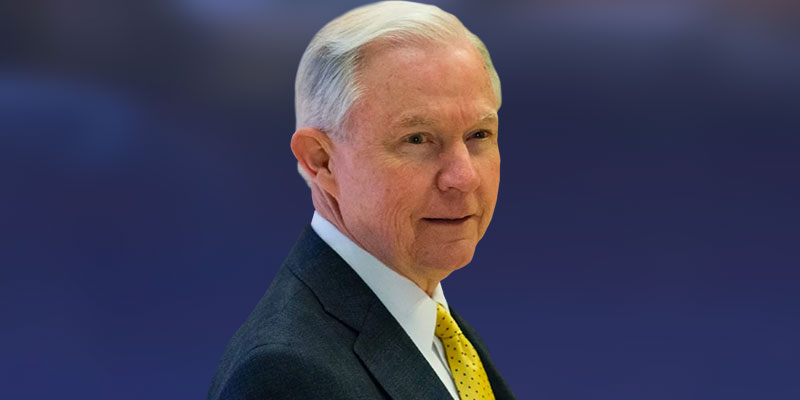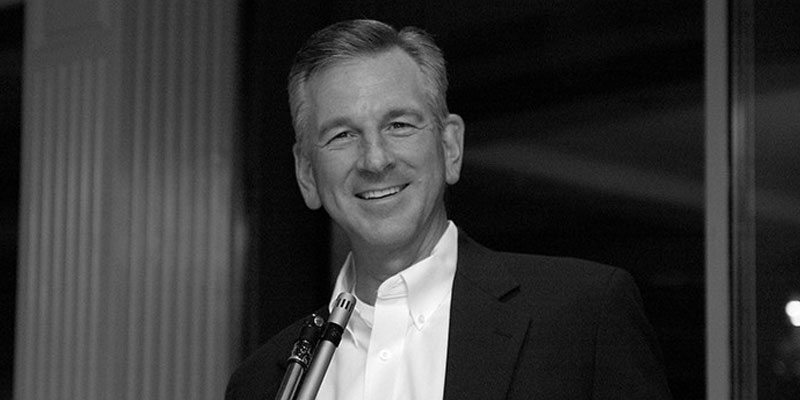President Trump has done a tremendous job nominating smart, qualified and tough conservative judges to the federal judiciary. But there are a lot more vacancies to fill, and he needs another term to finish what he started. While Supreme Court justices receive most of the attention, federal appeals court judges are nearly as influential.
Like the justices, they are appointed for life and hear cases touching on religious freedom, free speech, gun rights, abortion, criminal law, immigration and government regulation issues. Because the Supreme Court hears only 0.1% of appeals, these are essentially the most significant federal courts in the country.
When President Obama was sworn in on January 20, 2009, only one of these 13 federal appeals courts — the Ninth Circuit — was controlled by activist Democratic appointees. When he left office, nine of 13 circuits were controlled by Democratic appointees. Despite President Trump’s historic gains on the federal courts, if he is not reelected in 2020, the courts would flip back to the left — placing at risk his greatest legacy.
Most federal judges serve for several decades, and so their actions continue to impact the country long after the President who appointed them leaves office. For example, nearly half the federal circuit judges still hearing cases in Chicago were appointed by President Reagan. These numbers are the reason why some say that judicial appointments are President Reagan’s greatest legacy. And he certainly made an impact on the Supreme Court, elevating Justice Rehnquist to Chief Justice, who led the “the Rehnquist Revolution” that began to return power to the states, appointing Justice Scalia, one of the greatest jurists in our nation’s history. He also appointed 83 circuit judges, surpassing each of his four successors. But many of these judges are no longer on the bench and those who continue to serve are nearing retirement.
While President Reagan’s judicial legacy is at its twilight, President Obama’s judicial legacy has just begun to impact the country. And while President Reagan understood that our constitutional system depends on an impartial judiciary that will interpret the law as written, President Obama openly sought activist judges who would promote liberal policy preferences that Congress and the American people would not adopt. His Supreme Court nominees — Justices Sotomayor and Kagan — both of whom I opposed — are two of its younger members and over half of his appellate judges could feasibly sit on the courts for the next 40 years.
During my time as the ranking member of the U.S. Senate Judiciary Committee, I led Republicans in successfully blocking President Obama’s most extreme judicial nominees who exhibited leniency for sex offenders and violent criminals promoted radical left-wing policy agendas like “constitutional welfare rights, rejected originalism and the limited role of the judiciary, and were openly hostile towards the right to bear arms, religious liberty, private property rights (to name just a few). So when President Trump was elected, he had over 100 judicial vacancies to fill and he has delivered, nominating two outstanding Supreme Court justices and over 50 appellate judges.
Indeed, just a few years ago, there were many federal judicial vacancies in Alabama — vacancies that President Obama tried to fill with progressive appointees. Alabama’s federal courts — as we know them — were one election away from a dangerous transformation. But Senator Shelby and I stood together through eight grueling years of the Obama presidency and blocked all but two of his nominees to our federal bench — including one appointee to a powerful appeals court. Fortunately, a lot has changed since President Trump was elected. In less than half the time President Obama was in office, President Trump has appointed five times that many highly qualified lawyers to sit on Alabama federal courts — including the first female judge in Montgomery and the first African-American judge in Mobile. More great Alabama judges are on the way.
One of President Trump’s first appeals court nominees was Judge Kevin Newsom of Birmingham. Before his nomination, Judge Newsom was a partner at one of Alabama’s oldest law firms and served as the chief appellate lawyer for the state of Alabama, where he argued in support of the Ten Commandments and against the use of federal law to prosecute abortion protestors. This past November, President Trump nominated Judge Andrew Brasher of Montgomery to the same court. Just 38 years of age, Judge Brasher also served as Alabama’s top appellate lawyer, where he tirelessly defended Alabama laws from lawsuits brought by Planned Parenthood and the ACLU. Once confirmed, Judge Brasher could sit on this court for the next 50 years. Judges Newsom and Brasher are — as President Reagan said of one of his judicial appointees — the kind of judges the American people want on the federal courts; judges who believe in the rule of law, who revere the Constitution and whose sense of fairness and justice are above reproach.
While President Trump has done great work filling judicial vacancies, whoever is elected president in 2020 will be responsible for filling even more vacancies. President Obama’s judges have upheld Obamacare, forced transgender bathrooms in public schools, struck down reasonable voter identification requirements, endlessly blocked the enforcement of our immigration laws and taken over schools and police departments. Whoever the Democrat party nominates to run against President Trump will appoint judges who are even more radical and will accelerate the left’s march to eviscerate the Constitution. With a third of the federal appellate judiciary hanging in the balance, the American people must decide whether they want more of President Trump’s originalists or President Obama’s progressives confirmed to the federal bench for life.
I promise you this — if I am so fortunate as to return to the U.S. Senate, I will continue the work I started as a leading voice in support of the President’s historic efforts to make the judiciary great again.
Jeff Sessions served as the 84th Attorney General of the United States, as Senator from Alabama, and as Ranking Member on the U.S. Senate Judiciary Committee.







